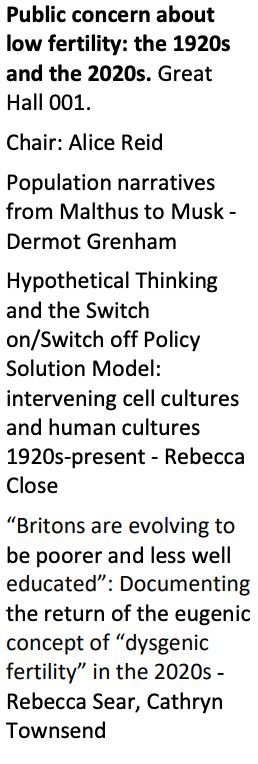Brunel Psychology
@brunelpsy.bsky.social
910 followers
3K following
130 posts
We are a vibrant research-intensive Division with expertise in cognitive and clinical neuroscience, culture and evolution, developmental, and social psychology based in Brunel University of London 🎓🧠🧬🧪
Posts
Media
Videos
Starter Packs
Reposted by Brunel Psychology
Reposted by Brunel Psychology
Reposted by Brunel Psychology
Dr Lora Adair
@loraadair.bsky.social
· Aug 29
Reposted by Brunel Psychology
Alberto Acerbi
@acerbialberto.com
· Aug 29
Reposted by Brunel Psychology
Reposted by Brunel Psychology
Reposted by Brunel Psychology
Reposted by Brunel Psychology
Reposted by Brunel Psychology
Brunel Psychology
@brunelpsy.bsky.social
· Aug 22
Brunel Psychology
@brunelpsy.bsky.social
· Aug 22
Brunel Psychology
@brunelpsy.bsky.social
· Aug 22
Brunel Psychology
@brunelpsy.bsky.social
· Aug 22
Brunel Psychology
@brunelpsy.bsky.social
· Aug 22

How do adults with neurodevelopmental disorders prefer information being presented?
Neurodiverse children do not always benefit from a typical learning environment and therefore may be at a disadvantage when learning alongside their peers. Many of these children have different pre...
www.tandfonline.com
Reposted by Brunel Psychology
Reposted by Brunel Psychology
James Winters
@replicatedtypo.bsky.social
· Aug 15

Modelling the emergence of open-ended technological evolution
Humans stand alone in terms of their potential to collectively and cumulatively improve technologies in an open-ended manner. This open-endedness provides societies with the ability to continually exp...
arxiv.org
















